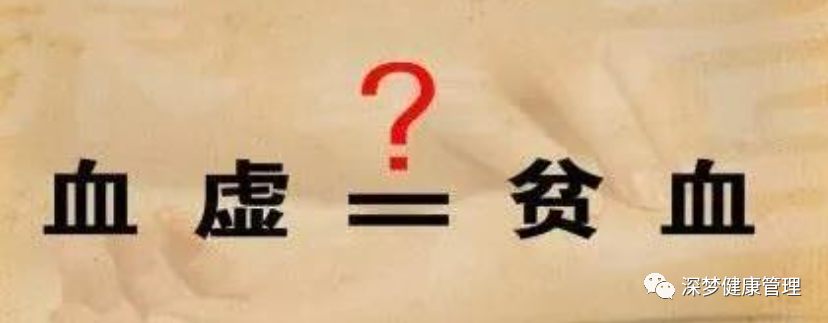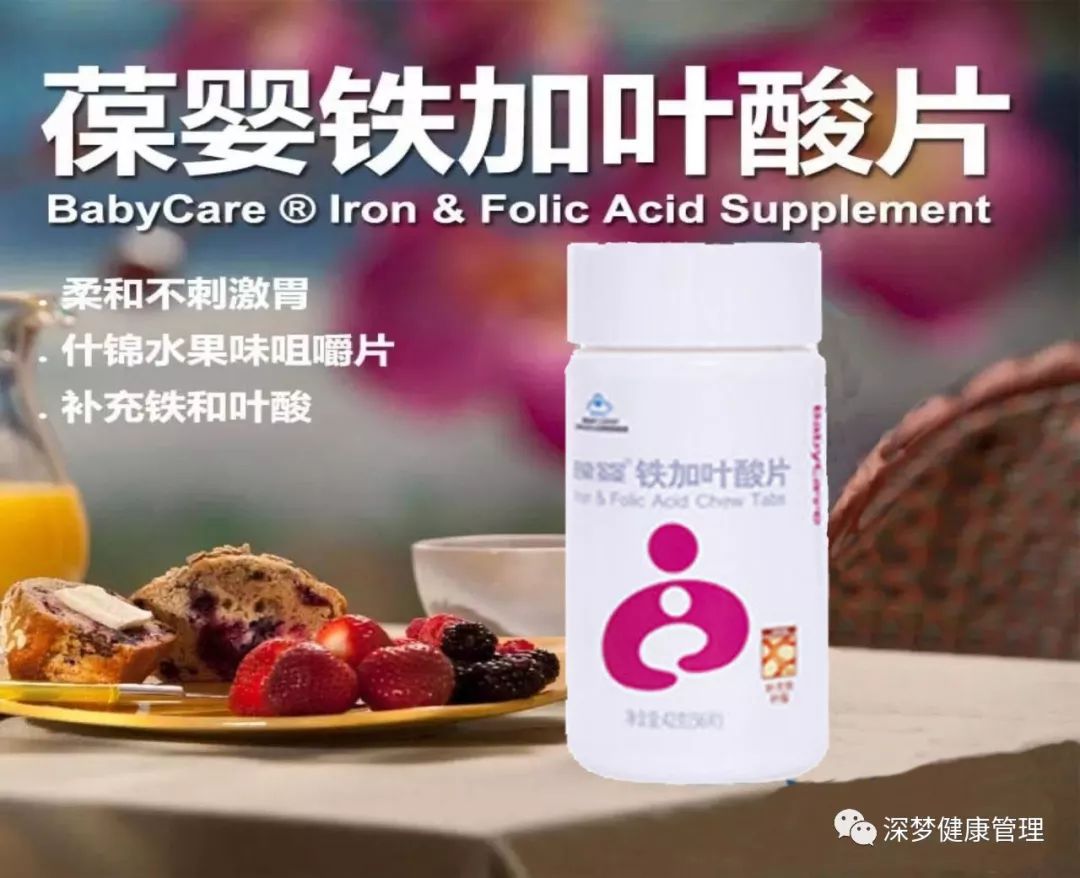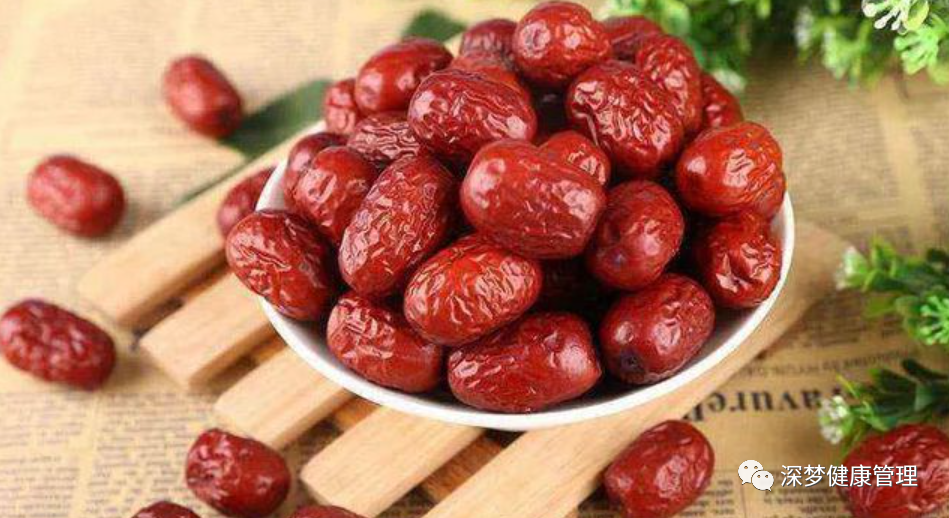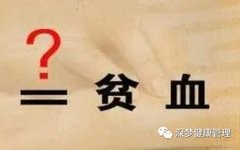Many people may confuse anemia with blood deficiency. Most individuals with anemia are blood deficient, but those with blood deficiency may not necessarily reach the level of anemia. Therefore, the methods for tonifying qi and blood differ between the two. So, what are the differences between anemia and blood deficiency? How should one nourish themselves?
Anemia has clear diagnostic criteria in Western medicine, based on hemoglobin levels.For men, Hb < 120 g/L, and for adult women (non-pregnant), Hb < 110 g/L, can be diagnosed as anemia. The hemoglobin content can be roughly understood as the quantity of nutrients in the blood. The value of blood primarily lies in providing nutrition; when nutrients are insufficient, the blood naturally becomes “deficient”.What does blood deficiency mean in Traditional Chinese Medicine (TCM)?Blood deficiency refers to the weakness, insufficiency, or inadequacy of blood. Literally, it does not differ much from blood deficiency.However, TCM’s judgment of blood deficiency is mainly based on the patient’s symptoms and tongue and pulse manifestations. Typical symptoms of blood deficiency include palpitations, chest pain, insomnia with vivid dreams, dizziness, scanty menstrual flow with pale color, pale tongue, and thin pulse. The underlying cause is also insufficient blood to nourish the body. The question is, since both conditions involve insufficient blood and nutrition, what is their relationship?Research has compared clinical cases of anemia and blood deficiency patients, finding that they represent overlapping populations. Generally speaking, among patients with anemia in Western medicine, those with mild anemia often overlap with TCM blood deficiency patients; however, moderate to severe anemia patients often do not fit the typical blood deficiency pattern. Conversely, a significant portion of TCM blood deficiency patients have normal hemoglobin levels. This seems to indicate that TCM’s blood deficiency is relatively mild, while Western medicine’s anemia is more severe. Severe blood deficiency can develop into anemia.

How to Supplement Iron Deficiency AnemiaFor those with iron deficiency anemia, dietary supplementation can include foods with high iron absorption rates.The food highest in iron is actually black fungus, which is quite surprising! Black fungus contains 97.4 mg of iron per 100 g! Other good sources include sesame paste, duck blood, pig liver, button mushrooms, lentils, dried shrimp, and pig blood.
Iron is one of the essential trace elements in the human body, playing a crucial role. However, iron deficiency has long been a persistent issue for us, and it is the only nutritional deficiency disease in developed countries!
According to WHO statistics, up to 80% of the global population is iron deficient.
- In the UK, 21% of females aged 11-18 and 18% of women aged 16-64 are iron deficient.
- In France, 29% of children under 2 years old are iron deficient.
- In the USA, 9%-11% of non-pregnant women aged 16-49 are iron deficient.
- In China, the results of the fourth national nutrition survey indicate that the prevalence of anemia among Chinese residents is 20.1%, half of which is due to iron deficiency anemia.
Nutritional Management of Anemia
The best foods for replenishing blood are various animal livers, followed by kidneys, egg yolks, red dates, fish, and lean meat; yeast and wheat germ are also very effective for blood supplementation.
The most common cause of anemia is iron deficiency. Iron is the raw material for synthesizing hemoglobin in red blood cells and is also a cofactor for many metal enzymes in the body. Based on the patient’s specific situation, timely and sufficient supplementation of iron tablets is necessary to quickly cure iron deficiency anemia. Increasing vitamin C intake can promote iron absorption.
Excessive supplementation of folic acid can lead to vitamin B12 deficiency, causing fatigue and even paralysis. Therefore, folic acid must be supplemented together with vitamin B12.
Vitamin B12 requires enzymes secreted by the stomach for absorption; supplementing B vitamins and protein can produce enzymes that promote vitamin B12 absorption; vitamin B6 and vitamin C can also enhance vitamin B12 absorption. Individuals lacking folic acid may develop megaloblastic anemia; supplementing 1 mg of folic acid can prompt the bone marrow to start producing new red blood cells within hours, quickly resolving anemia.

When vitamin E is deficient, not only is iron absorption and hemoglobin formation affected, but the essential fatty acids in cell membranes are also prone to oxidation, making all cells, including red blood cells, susceptible to rupture, leading to anemia. If 280 mg of vitamin E is consumed daily, the condition will improve within 5 days, and anemia can recover quickly. Premature infants often lack vitamin E; when exposed to large amounts of oxygen in the air after birth, red blood cells can rupture quickly, leading to jaundice and anemia. If the mother is well-nourished, breastfed infants can absorb 20 times more vitamin E than formula-fed infants, preventing anemia and jaundice.
Lack of vitamin B6 and magnesium can reduce the number of red blood cells and hemoglobin in the body, resulting in anemia. Supplementing vitamin B6 or magnesium can significantly increase hemoglobin levels and improve anemia. Many medications affect nutrient absorption, easily leading to anemia; therefore, if medication is necessary, nutrients that prevent anemia should also be supplemented simultaneously.
Nutrients enter the body and directly participate in liver protection, improving the bone marrow’s hematopoietic environment, providing raw materials for hematopoiesis, and delaying red blood cell aging. Creating a comprehensive hematopoietic environment can cure aplastic anemia.

How Should Those with Blood Deficiency Nourish Themselves?How to Supplement Blood DeficiencyBrown sugarBrown sugar not only supplements qi and blood but also nourishes the stomach, making it more suitable for those with blood deficiency and spleen-stomach discomfort.Red datesRed dates are quite rich and should be consumed in moderation by those with blood deficiency and spleen-stomach discomfort, about 2 pieces 2-3 times a week.For elderly individuals with poor digestion and absorption, eating raw red dates may cause gastrointestinal discomfort; therefore, experts recommend boiling them in water or steaming them, removing the skin when eating.Most anemic individuals are blood deficient, while those with blood deficiency may not necessarily be anemic but may exhibit symptoms of anemia. Therefore, the methods for supplementation differ; iron deficiency anemia is the primary cause of anemia, and such individuals can use iron-rich foods for supplementation, while those with blood deficiency are more recommended to use brown sugar and red dates.



For those who want to learn more information, please click to read the original text

⊙Note: The content of this article is for general knowledge and should not be used as a prescription.
If you want to gain more knowledge about health, nutrition, and career, please click to read the original text and enter the “Health Think Tank”!

